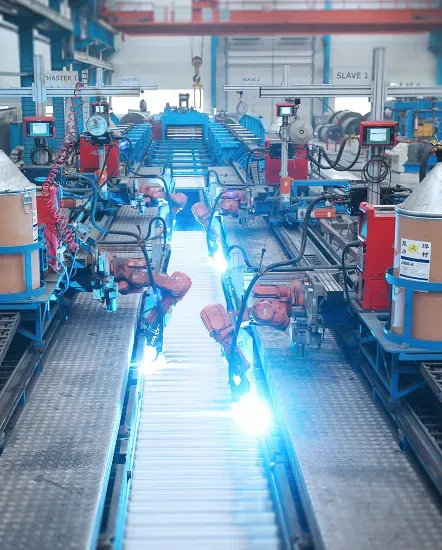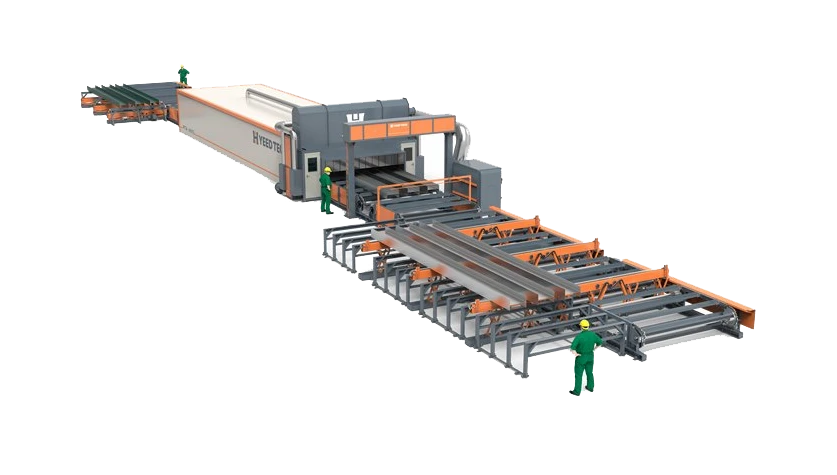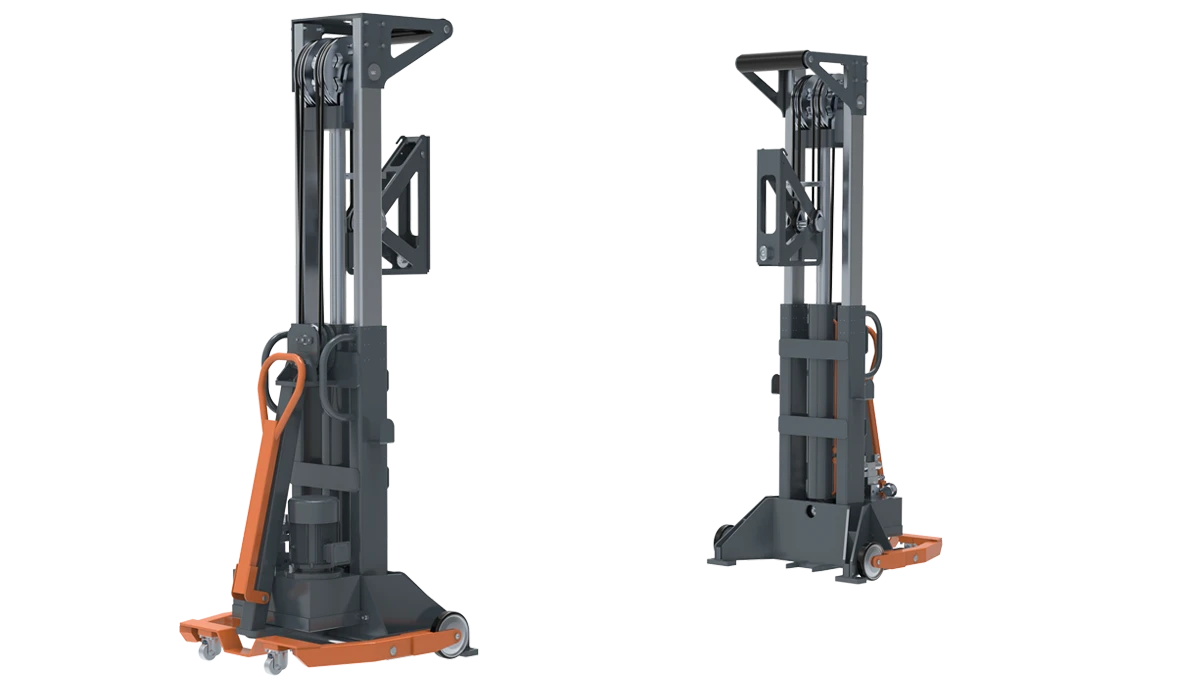
- Afrikaans
- Albanian
- Amharic
- Arabic
- Armenian
- Azerbaijani
- Basque
- Belarusian
- Bengali
- Bosnian
- Bulgarian
- Catalan
- Cebuano
- China
- China (Taiwan)
- Corsican
- Croatian
- Czech
- Danish
- Dutch
- English
- Esperanto
- Estonian
- Finnish
- French
- Frisian
- Galician
- Georgian
- German
- Greek
- Gujarati
- Haitian Creole
- hausa
- hawaiian
- Hebrew
- Hindi
- Miao
- Hungarian
- Icelandic
- igbo
- Indonesian
- irish
- Italian
- Japanese
- Javanese
- Kannada
- kazakh
- Khmer
- Rwandese
- Korean
- Kurdish
- Kyrgyz
- Lao
- Latin
- Latvian
- Lithuanian
- Luxembourgish
- Macedonian
- Malgashi
- Malay
- Malayalam
- Maltese
- Maori
- Marathi
- Mongolian
- Myanmar
- Nepali
- Norwegian
- Norwegian
- Occitan
- Pashto
- Persian
- Polish
- Portuguese
- Punjabi
- Romanian
- Russian
- Samoan
- Scottish Gaelic
- Serbian
- Sesotho
- Shona
- Sindhi
- Sinhala
- Slovak
- Slovenian
- Somali
- Spanish
- Sundanese
- Swahili
- Swedish
- Tagalog
- Tajik
- Tamil
- Tatar
- Telugu
- Thai
- Turkish
- Turkmen
- Ukrainian
- Urdu
- Uighur
- Uzbek
- Vietnamese
- Welsh
- Bantu
- Yiddish
- Yoruba
Fortifying Steel Structures with Intumescent Coatings and Design Excellence
In the realm of construction and engineering, the integrity and durability of steel components are paramount. From applying intumescent paint to steel for enhanced fire protection to the design and utilization of various steel elements such as uc steel beam, mild steel beam, truss steel structure, En unified steel structures, each aspect contributes significantly to the safety and functionality of buildings and infrastructure. These elements work in tandem to create structures that can withstand a multitude of forces while adhering to strict safety and performance standards.

Enhancing Steel's Fire Resistance through Intumescent Paint Application
When it comes to safeguarding steel structures against fire, applying intumescent paint to steel is a proven and effective method. Intumescent paint is formulated to expand when exposed to high temperatures, forming a thick, insulating char layer. This layer acts as a barrier, slowing down the heat transfer to the underlying steel. In large commercial buildings with steel frameworks, for example, the application of intumescent paint on critical steel beams and columns can significantly increase the structure's fire resistance rating. By adhering to proper application techniques, such as ensuring the correct number of coats and adequate drying times, the paint can provide reliable protection, giving occupants more time to evacuate and firefighters a better chance to contain the blaze.
The Versatility and Strength of UC Steel Beams
UC steel beam, or Universal Column steel beam, is a cornerstone in many construction projects due to its exceptional strength and versatility. These beams are designed with a wide flange, which provides excellent resistance to bending and torsional forces. In multi - story buildings, UC steel beams are often used to support heavy loads, distributing the weight evenly across the structure. Their robust nature makes them suitable for both vertical and horizontal applications. For instance, in industrial warehouses, UC steel beams can span large distances, creating open - floor spaces without the need for excessive interior supports, thus maximizing the usable area.
Mild Steel Beams: A Cost - Effective and Reliable Choice
Mild steel beam offers a cost - effective yet reliable solution for various construction needs. With a relatively low carbon content, mild steel is easy to fabricate, weld, and shape, making it a popular choice for projects where customization is required. In residential construction, mild steel beams can be used to support floors, roofs, and large openings like bay windows. Their malleability allows for seamless integration into architectural designs. Additionally, mild steel beams can be coated or treated to enhance their corrosion resistance, ensuring a long service life even in outdoor or humid environments.
Truss Steel Structures: Engineering Efficiency and Stability
Truss steel structure represents a marvel of engineering, combining efficiency and stability in a single design. Trusses are composed of interconnected triangles, which distribute loads along the members, reducing stress concentrations. In large - scale structures such as stadium roofs, airport terminals, and industrial sheds, truss steel structures can span vast distances with minimal material usage. The triangular configuration provides inherent stability, allowing the structure to withstand wind, snow, and other environmental forces. By carefully calculating the dimensions and angles of the truss members, engineers can create structures that are both lightweight and incredibly strong.
Unified Steel Structures: Streamlining Design and Construction
Unified steel structures offer a holistic approach to construction, streamlining the design and building process. These structures integrate various steel components, such as beams, columns, and trusses, into a cohesive system. By using standardized steel sections and connection details, construction time can be significantly reduced. In modular construction projects, unified steel structures enable the rapid assembly of building units, ensuring consistency in quality and performance. Moreover, the use of unified steel structures allows for easier maintenance and future modifications, as all components are designed to work in harmony with each other.
FAQ on Steel Structures and Intumescent Paint Application
What is the ideal temperature range for applying intumescent paint to steel?
The optimal temperature range for applying intumescent paint to steel is typically between 5°C and 35°C. Temperatures below 5°C can slow down the drying process and affect the paint's adhesion, while temperatures above 35°C may cause the paint to dry too quickly, resulting in an uneven finish. Additionally, humidity levels should be kept below 85% during application to ensure proper curing.
How do UC steel beams compare to other types of steel beams in terms of load - bearing capacity?
UC steel beams generally have a higher load - bearing capacity compared to many other types of steel beams due to their wide flange design. This design provides greater resistance to bending and torsional forces, allowing them to support heavier loads over longer spans. However, the actual load - bearing capacity depends on factors such as the beam's size, grade of steel, and the specific loading conditions of the project.
Can mild steel beams be used in outdoor structures without additional protection?
While mild steel beams can be used in outdoor structures, they are prone to corrosion over time. To ensure a long service life, it is recommended to apply protective coatings such as paint, galvanization, or powder coating. These coatings create a barrier between the steel and the environment, preventing rust and extending the beam's durability.
What are the key advantages of using truss steel structures in large - scale projects?
Truss steel structures offer several advantages in large - scale projects. They are highly efficient in terms of material usage, as the triangular configuration distributes loads effectively, reducing the amount of steel required. They can also span large distances without intermediate supports, creating open and flexible interior spaces. Additionally, truss structures are relatively lightweight, which simplifies transportation and installation.
How do unified steel structures contribute to sustainable construction?
Unified steel structures contribute to sustainable construction in multiple ways. By using standardized components, there is less waste generated during the manufacturing and construction processes. Steel is also a highly recyclable material, and unified steel structures can be more easily disassembled and recycled at the end of their service life. Moreover, the streamlined construction process associated with unified steel structures can reduce energy consumption and carbon emissions during building.
Producten Categorieën
Laatste nieuws
-
Unmatched Mobility and Efficiency in Container Handling Equipment
NieuwsJun.26,2025 -
Streamlined Approaches and Equipment for Container Handling
NieuwsJun.26,2025 -
Revolutionizing Cargo Management: Solutions for ISO Container Handling
NieuwsJun.26,2025 -
Equipment Insights: Revolutionizing Container Handling Operations
NieuwsJun.26,2025 -
Critical Components for Efficient Shipping Container Handling
NieuwsJun.26,2025 -
Advanced Equipment and Systems for Efficient Container Storage and Handling
NieuwsJun.26,2025 -
Unrivaled Components in Structural Engineering Solutions
NieuwsMay.28,2025











